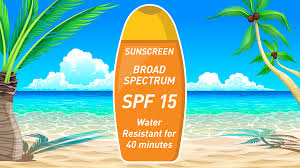
Consuming leafy greens like spinach, cabbage, and broccoli, which are abundant in folate, could potentially lower the chances of colorectal cancer, as per a study’s findings.
Folate, a natural form of vitamin B9, is present in various foods. Rich sources encompass spinach, cabbage, broccoli, sunflower seeds, whole grains, legumes like chickpeas, lentils, beans, and fruits, notably citrus fruits such as oranges. Folic acid, a supplement form of folate, is also available.
The research conducted at Imperial College London indicates that boosting folate intake through diet or supplements might reduce colorectal cancer risk by as much as 7 percent.
Dr. Konstantinos Tsilidis, a Reader in Cancer Epidemiology and Prevention at Imperial, emphasized the significance of dietary diversity—incorporating whole grains, vegetables, fruits, and legumes—to lower bowel cancer risk, aligning with the study’s conclusions.
This extensive analysis, featured in The American Journal of Clinical Nutrition, examined data from over 70,000 individuals to identify genetic factors influencing how dietary folate, folic acid supplements, and total folate affect colorectal cancer risk.
The study revealed that for each 260 micrograms increase in dietary folate consumption (equivalent to 65% of the recommended daily intake), the likelihood of developing CRC diminished by 7 percent, consistent with earlier research. This suggests that even standard dietary folate levels might aid in preventing CRC.
While the findings hint at folate’s potential in lowering cancer risk, especially involving various genes, the authors stress the necessity for further investigation to specifically identify these genes and their impact.











